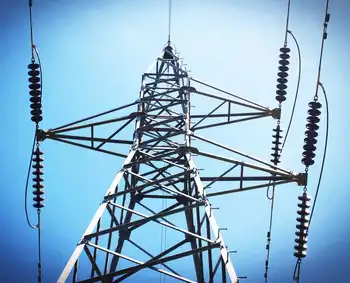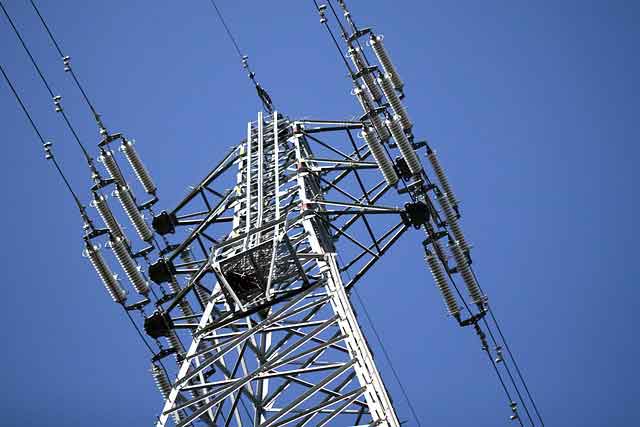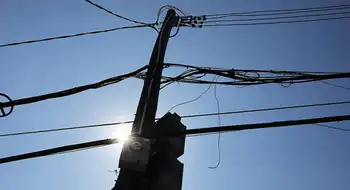Manitoba Hydro to reduce costs by closing offices
By Manitoba Hydro
Substation Relay Protection Training
Our customized live online or in‑person group training can be delivered to your staff at your location.

- Live Online
- 12 hours Instructor-led
- Group Training Available
The first stage of closures will begin in January 2014 when customer service counters in the 24 affected district offices will close. Customers who wish to pay their bills, make service inquiries or request electrical wiring permits in person are able to visit one of Manitoba Hydro's Customer Service Centres.
Manitoba Hydro expects to reduce costs by approximately $2 million annually once the change is completed in March 2017. The corporation will also avoid another $50 million in future costs associated with needed facility upgrades to the 24 affected offices.
The consolidation of staff in rural Customer Service Centres will allow Manitoba Hydro to use resources more efficiently, while maintaining service levels to all customers.
"Manitobans are changing the way they do business with us. With fewer and fewer customers using local offices to make bill payments or access other services, the time was right for us to take the next steps in streamlining our district office model," said Scott Thomson, President and Chief Executive Officer of Manitoba Hydro. "Moving to a modern, central hub customer service model will allow us to be more efficient, providing more consistent service at a reduced cost and ultimately passing those savings on to customers."
"We are creating one-stop shops with all key customer services available at a single location," said Brent Reed, Vice-President of Customer Service and Distribution at Manitoba Hydro. "Those customers who wish to do business in person are generally within 40 minutes of one of our Customer Service Centres. Our field staff will continue to be able to respond to the majority of calls within 45 to 60 minutes."
Manitoba Hydro first began reorganization of its customer service districts in 2007 with the creation of 16 Customer Service Centres in rural Manitoba. A year later, the corporation undertook a similar reorganization in Winnipeg creating four Customer Service Centres locations and closing three district offices.
Since 2007, Manitoba Hydro has seen a steady decline in customer transactions at district offices and a corresponding shift to using Customer Service Centres or making bill payments either online or by phone. In addition, many customer services, such as applications for electrical permits, are now available online through the corporation's website.
Consolidation will also allow the corporation to further leverage its new Mobile Workforce management system which links computers deployed in over 600 service trucks across the province. The system enables dispatch offices in Brandon, Selkirk and Winnipeg along with regional Customer Service Centres to wirelessly assign work to field staff based on location, driving times, work priority and skills required. This centralized work planning combined with the relocation of staff and equipment in regional centres will strengthen electrical outage response and enhance system maintenance.
Customers across the province continue to have a number of convenient bill payment options including: Online or telephone payments, ePost, and financial institutions.











